Menu
Menu

Liu Shaoang secured third place in the 1500m final on the first medal day of the ISU World Short Track Championships in Beijing on 15 March, earning China its first medal at the competition. Along with his brother, Liu Shaolin Sándor, he previously represented Hungary on the world stage, making sports history by winning the country’s first-ever gold medal at the Winter Olympics in 2018.
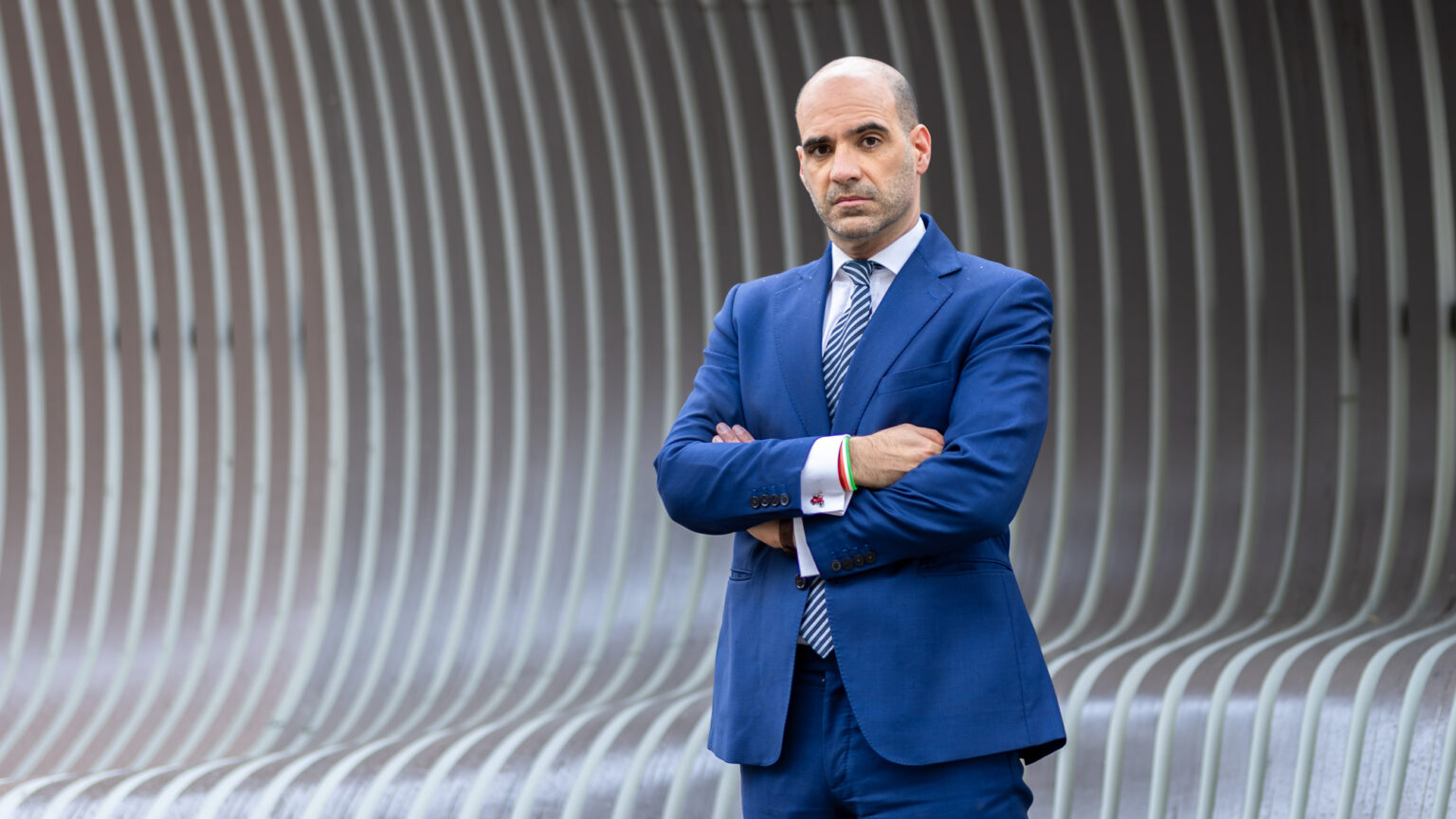
‘The starting point is that the European Union is facing a deep crisis, more than ever, because it’s increasingly bureaucratic, increasingly centralized, increasingly authoritarian, and less and less competitive….And since sooner or later you will have a reform of the treaties, our idea was to be ready to participate in this debate. How do we do that? With this report, which contains two scenarios.’
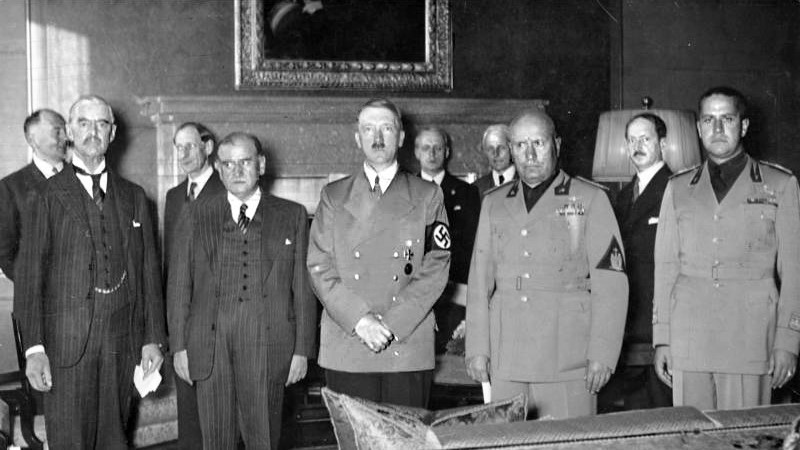
‘The final assessment in terms of the policy of appeasement would be that at the diplomatic and political level, the allies did indeed achieve their goals of buying time, mobilizing, as well as isolating Germany in the first months of the war from either Japan or Italy. They made Germany dependent on Soviet resources to sustain short-term operations, and pushed its economy on the brink of collapse.’

Hungary has introduced a retail profit margin cap limiting markups to a maximum of 10 per cent for around 1,000 essential food products across 30 categories. The regulation, effective from Monday, aims to curb rising food prices and protect household budgets.

Hungarian company Q-Automotive Ltd and the University of Szeged (SZTE) are developing a home-compostable biopolymer-based packaging material supported by Hungary’s National Research, Development and Innovation Office (NKFIH). The project aims to reduce environmental impact through sustainable innovation.
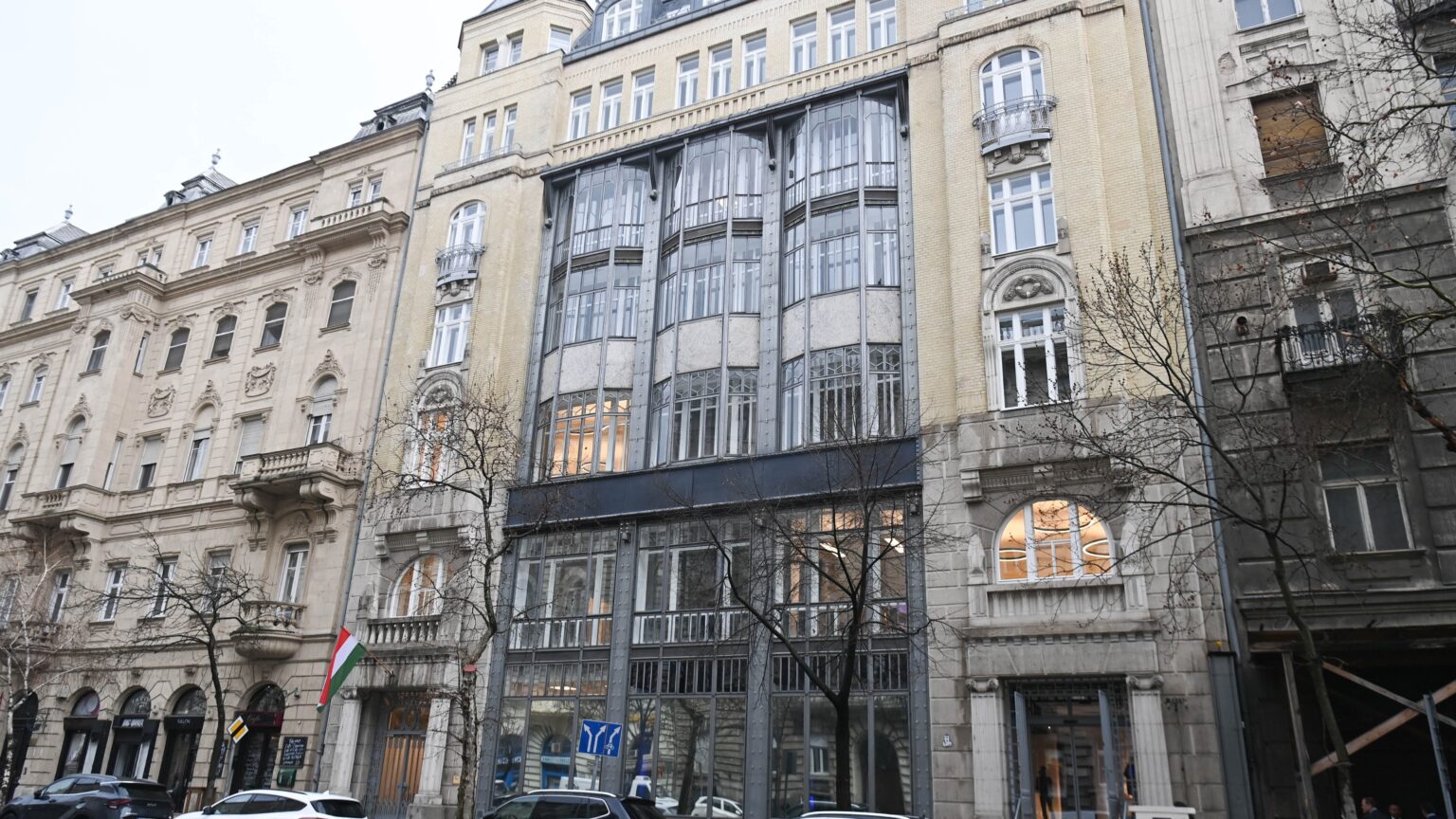
Hungary is committed to keeping its top researchers in the country by providing them with opportunities and support. The opening of the HUN-REN Hungarian Research Network’s new headquarters marks a strategic victory in this effort, recognizing the contributions of Hungarian scientists.
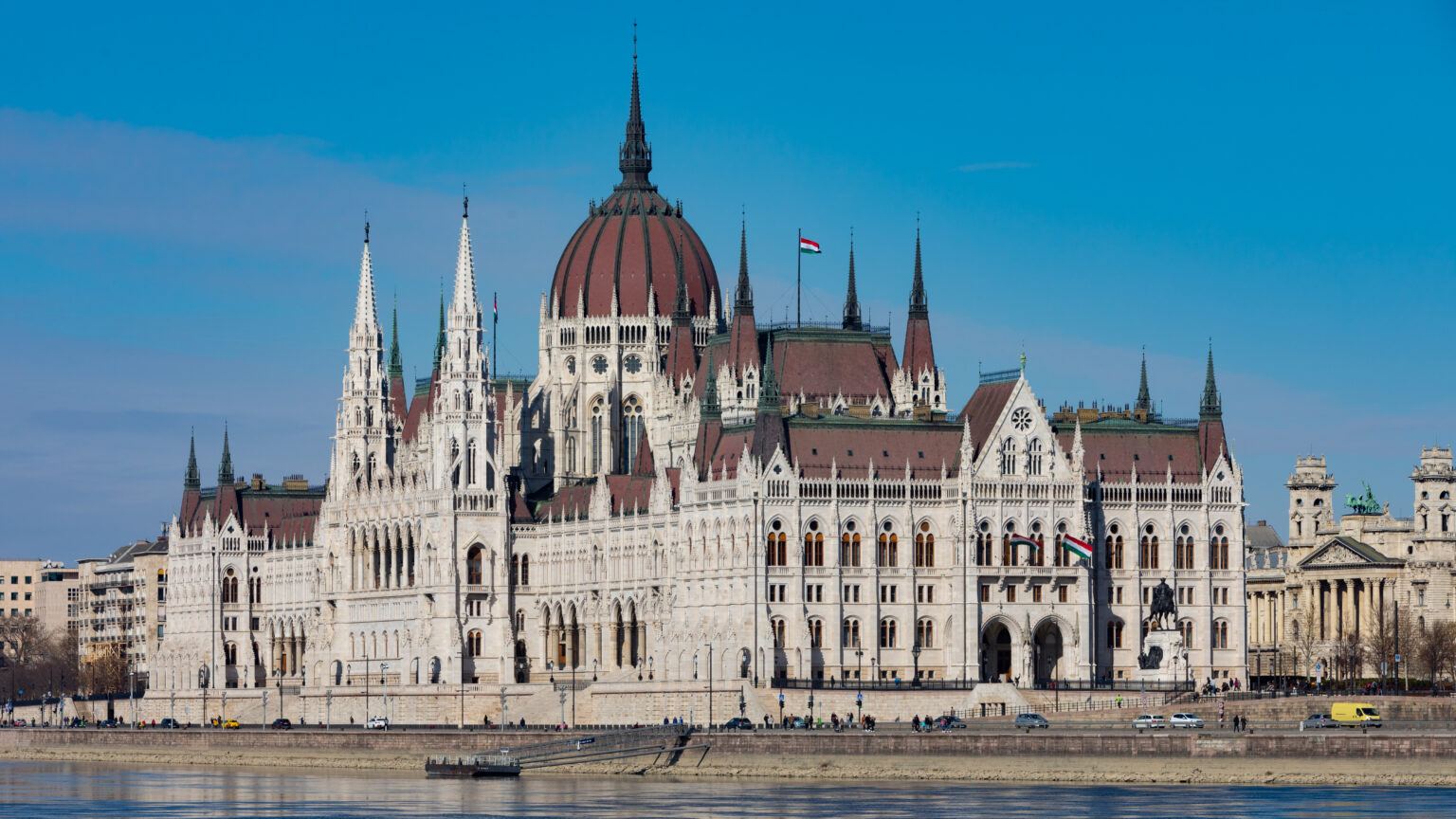
‘Hungary’s unique historical background and geographic location make it a harbinger of fresh geopolitical guidelines, political standards and new norms. The country’s pragmatism in international relationships and capacity to preserve its strategic autonomy while still engaging with world bodies provide important inspiration for countries negotiating the challenges of modern global politics.’
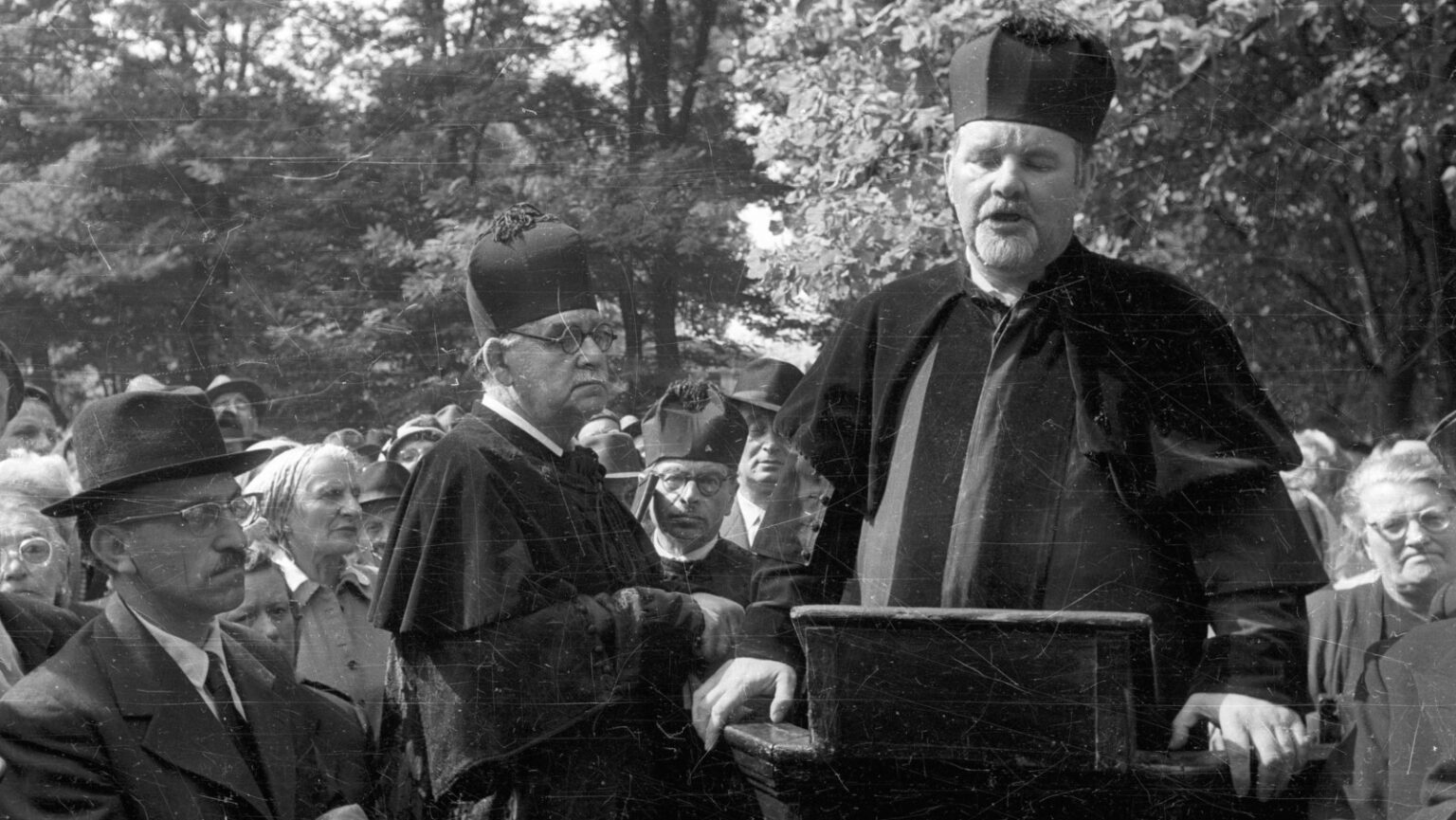
‘As documented in multiple historical works, Salgó was a state security agent codenamed “György Sárvári”, who reported on people he knew, most notably, Sándor Scheiber. While we do not intend to absolve him of his actions, certain documents may help readers gain a more nuanced and comprehensive understanding of the story.’

András Berkesi wrote a multitude of spy stories and adventure novels, becoming one of the star authors of the era, and was also awarded the Attila József Prize. Officially, no one has ever held him accountable for torturing, humiliating, and handing over people to the Russians to be taken to the gulag.

‘Their achievements in the following years are also remarkable because they worked in a complete vacuum, relying only on their own research and calculations. By March 1944 Bay’s team had reached the point where they could target the “locating” of the Moon—that is, capturing microwave signals reflected from the Moon’s surface.’
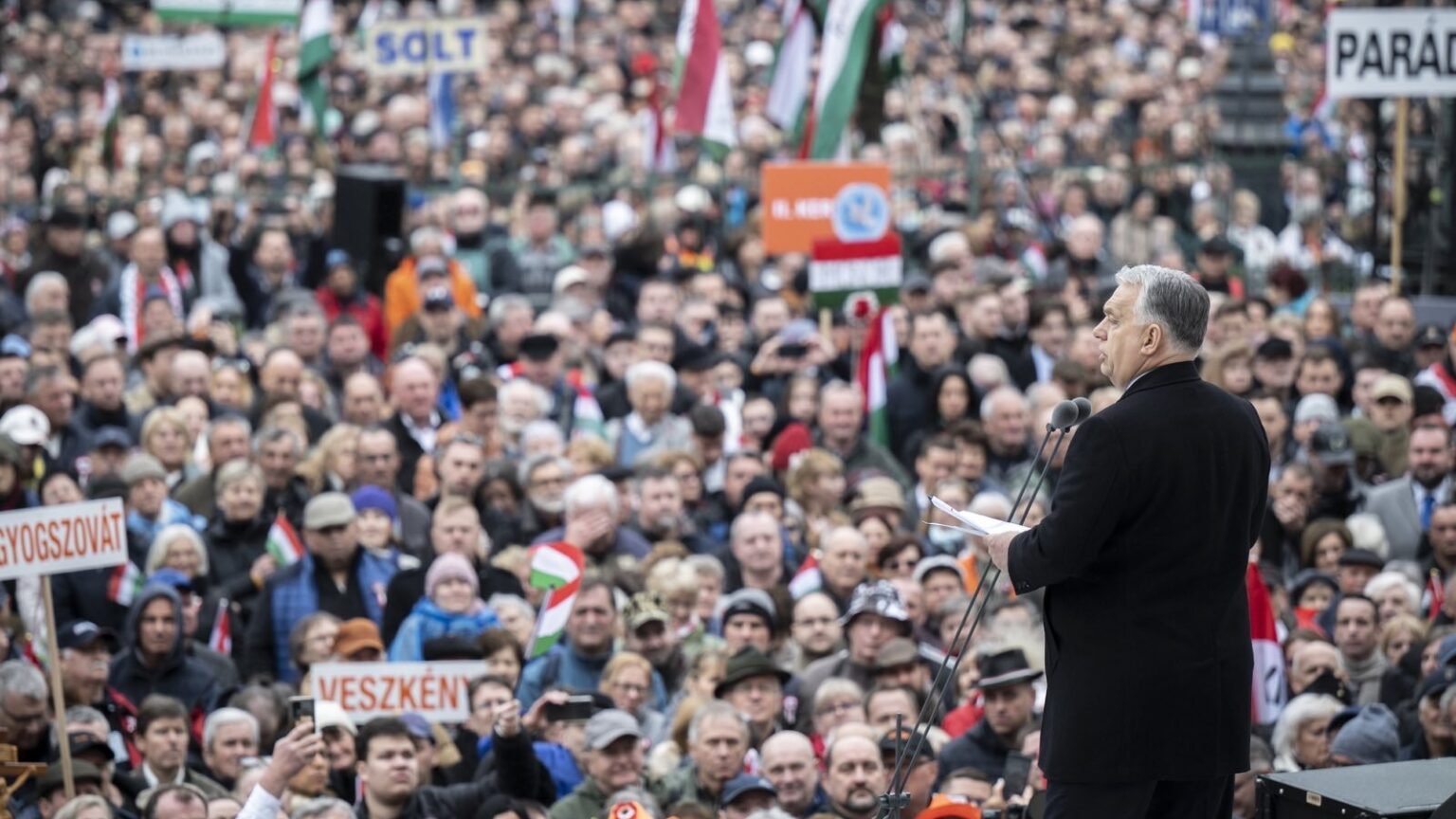
Prime Minister Viktor Orbán emphasized the timeless nature of Hungarian freedom in his speech marking the anniversary of the Hungarian Revolution and War of Independence of 1848–1849, while also delivering sharp criticism of the European Union and its imperial ambitions. He outlined 12 demands for Brussels, including a call for a ‘Union without Ukraine’.

15 March have been portrayed differently in each era. More recent productions focus on building a heroic myth or on reality, while before the regime change, the historical events of the 1848–49 Revolution were rather wrapped in a subtle critique of socialism. Magyar Krónika has collected five Hungarian films that bring the revolutionary events to life.

‘Our church is in an accessible, safe location, a single-story building, and a popular venue. We hold a traditional worship service. Most of the congregation is elderly. We deeply appreciate everything they have done for the church and the congregation, so we continue to serve them in the way they prefer.’

‘It was an unprecedented period in Hungarian chivalric culture when Charles restored the authority of royal power, and Louis reaped the benefits of his father’s policies. At this time the court of the Hungarian kings had international clout and a network of contacts indeed, with King Louis corresponding with influential figures such as poet Petrarch and famous Florentine chancellor Coluccio Salutati.’
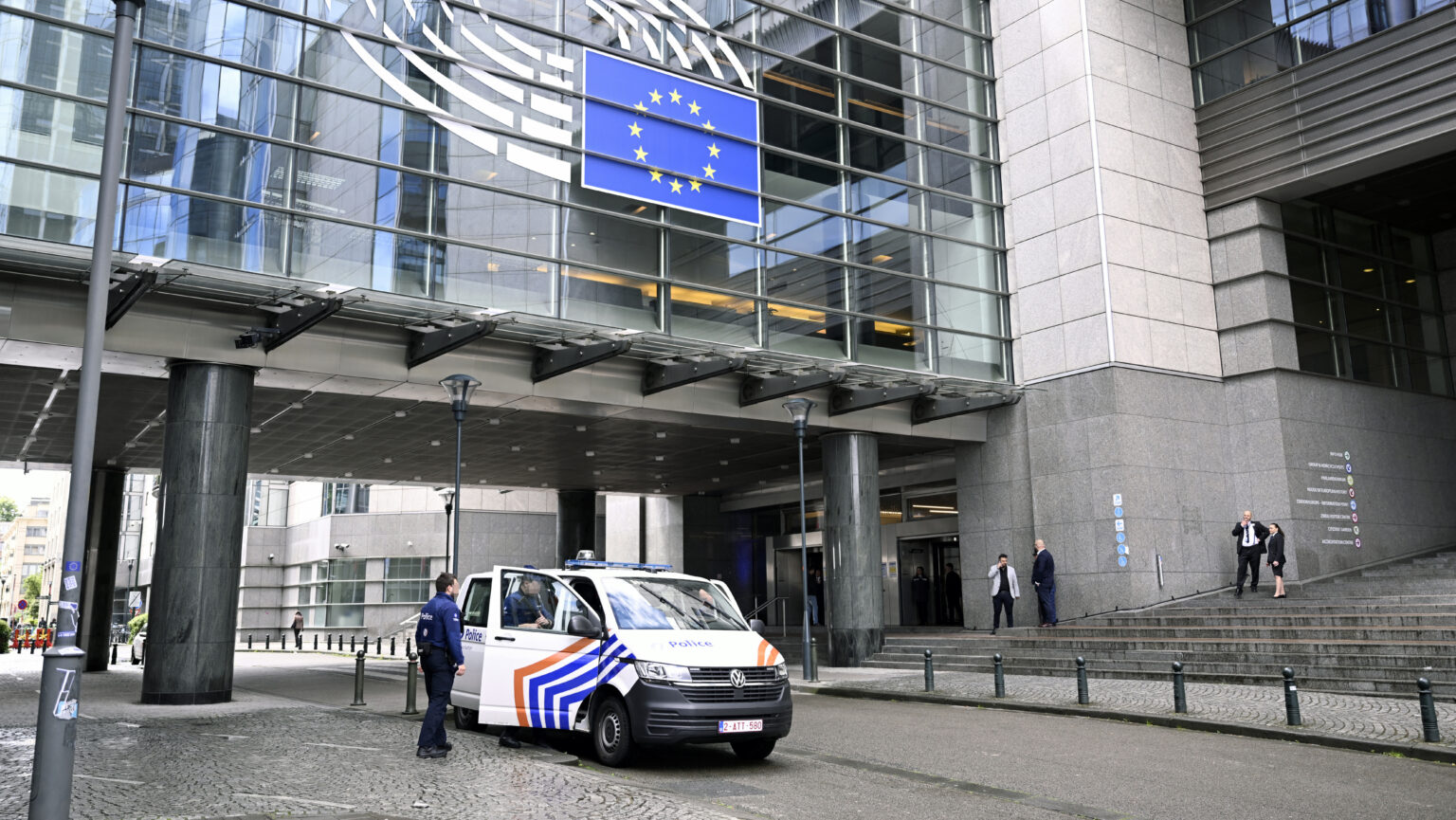
Corruption appears to be among the ‘common European values’ often touted by mainstream parties in the European Parliament as yet another probe shakes the EU’s legislative institution. Initial reports suggest that around 15 former and current MEPs may be involved in a bribery case linked to Chinese telecom giant Huawei.

Although the regime change in Syria raised hopes for the restoration of stability, the protection of religious minorities has still not been realized. The mass killings committed in recent times indicate that minority communities remain in grave danger, which calls for decisive action from the international community.
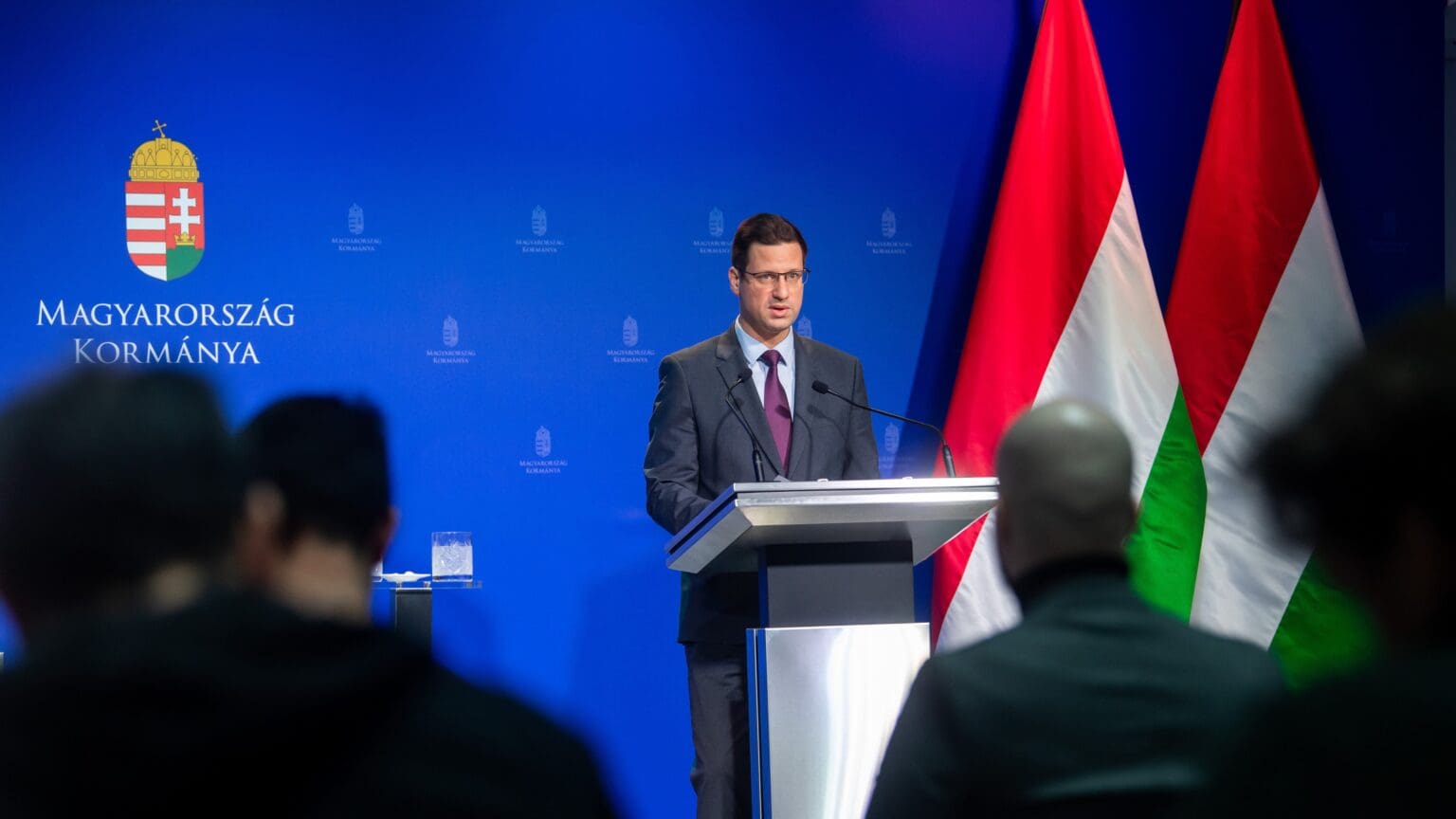
At a press briefing, Minister of the Prime Minister’s Office Gergely Gulyás of Hungary announced that the newly enacted price margin regulation by the Hungarian government, per which profit margins on each product sold by retailers are legally capped at 10 per cent, will come into effect on Monday, 17 March.
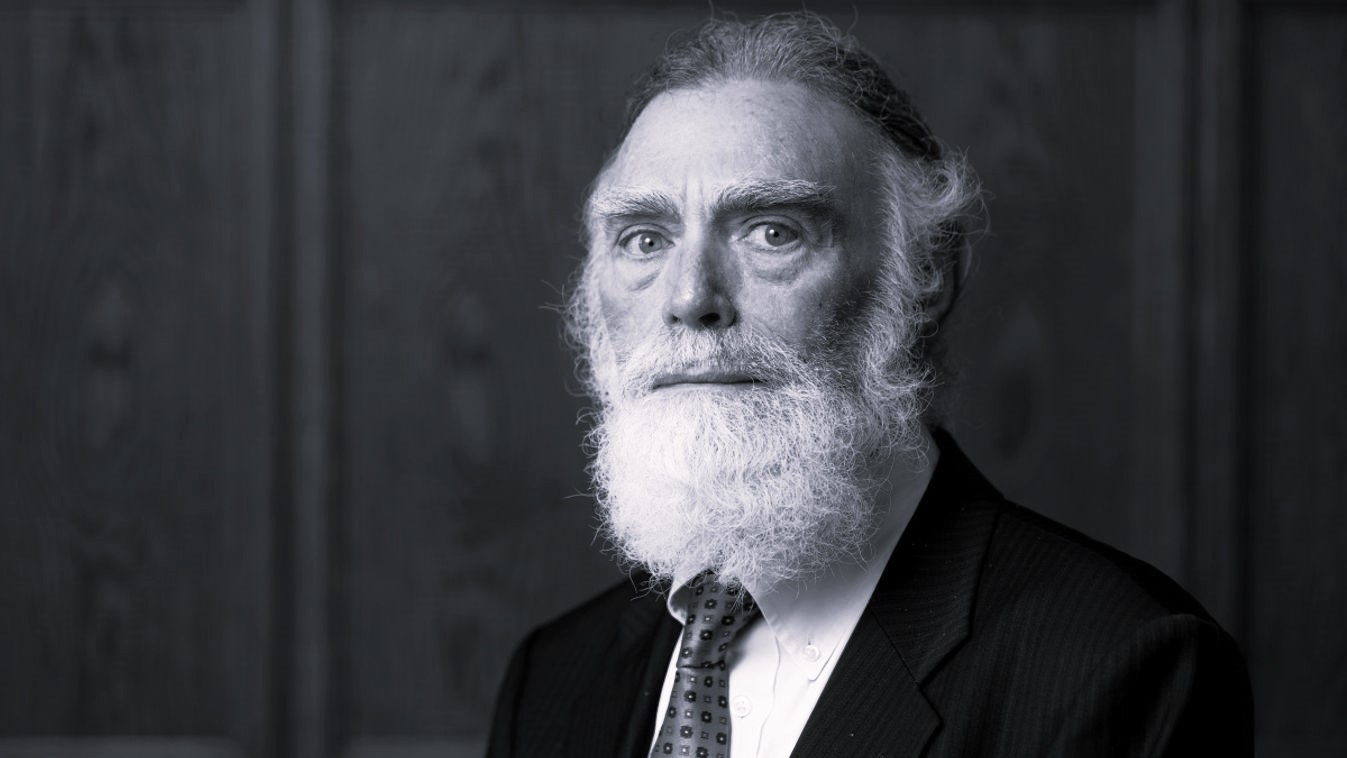
‘Like a great athlete, Jeff had the rarest of skills: an ability not to react to a pace set by others, but to set the pace to which everyone else must react. In conversation, this was especially evident. It was the hallmark of a great teacher, or mentor. In another life, where he did not dedicate himself to the study of radical movements, he had the presence of one who might have started one.’
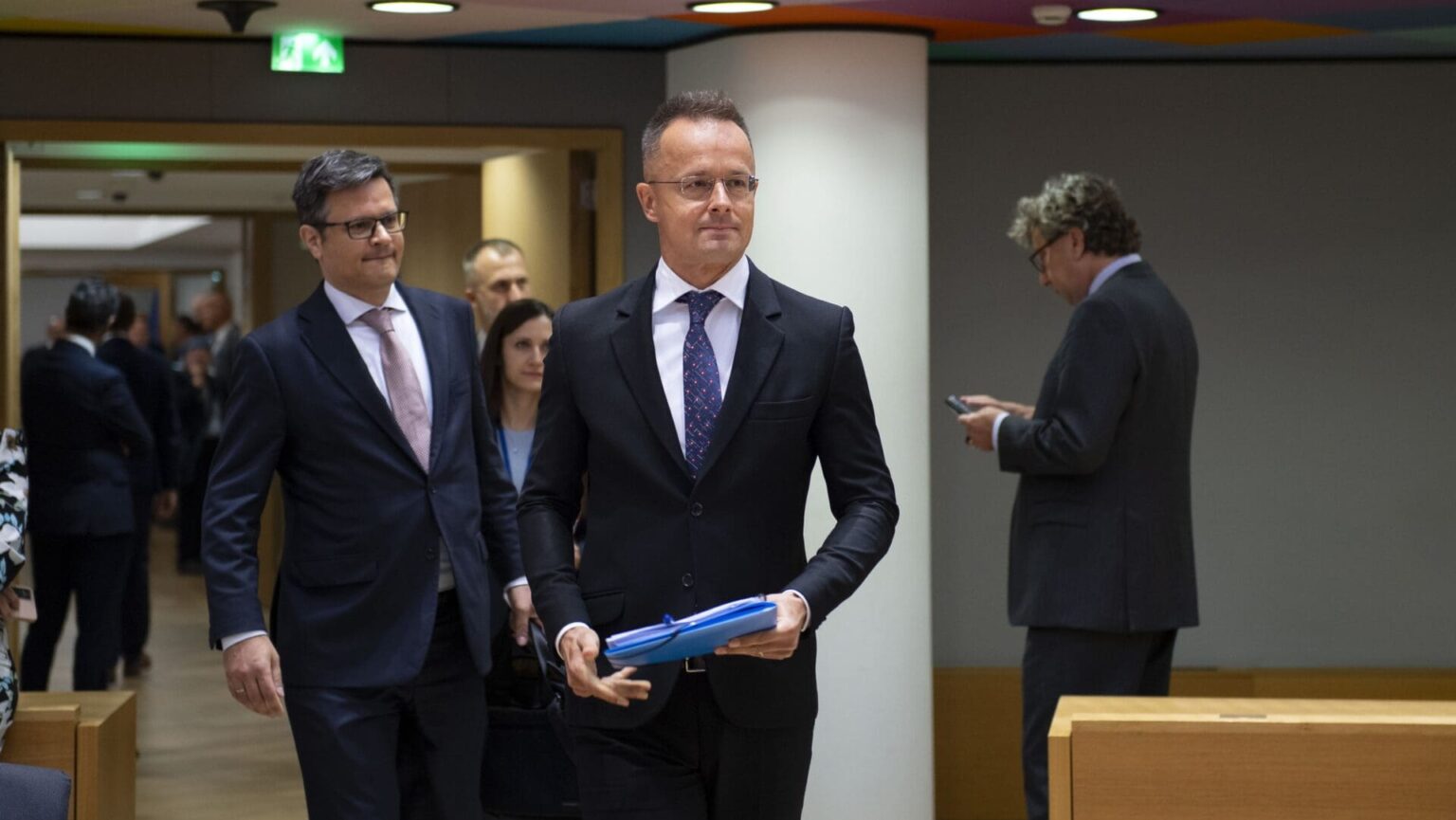
Hungary has lifted its veto on renewing sanctions against Russian individuals after striking a last-minute deal to remove four people from the list. The decision comes as the US intensifies pressure on Russia to accept an immediate 30-day ceasefire deal, which Ukraine has already agreed to.
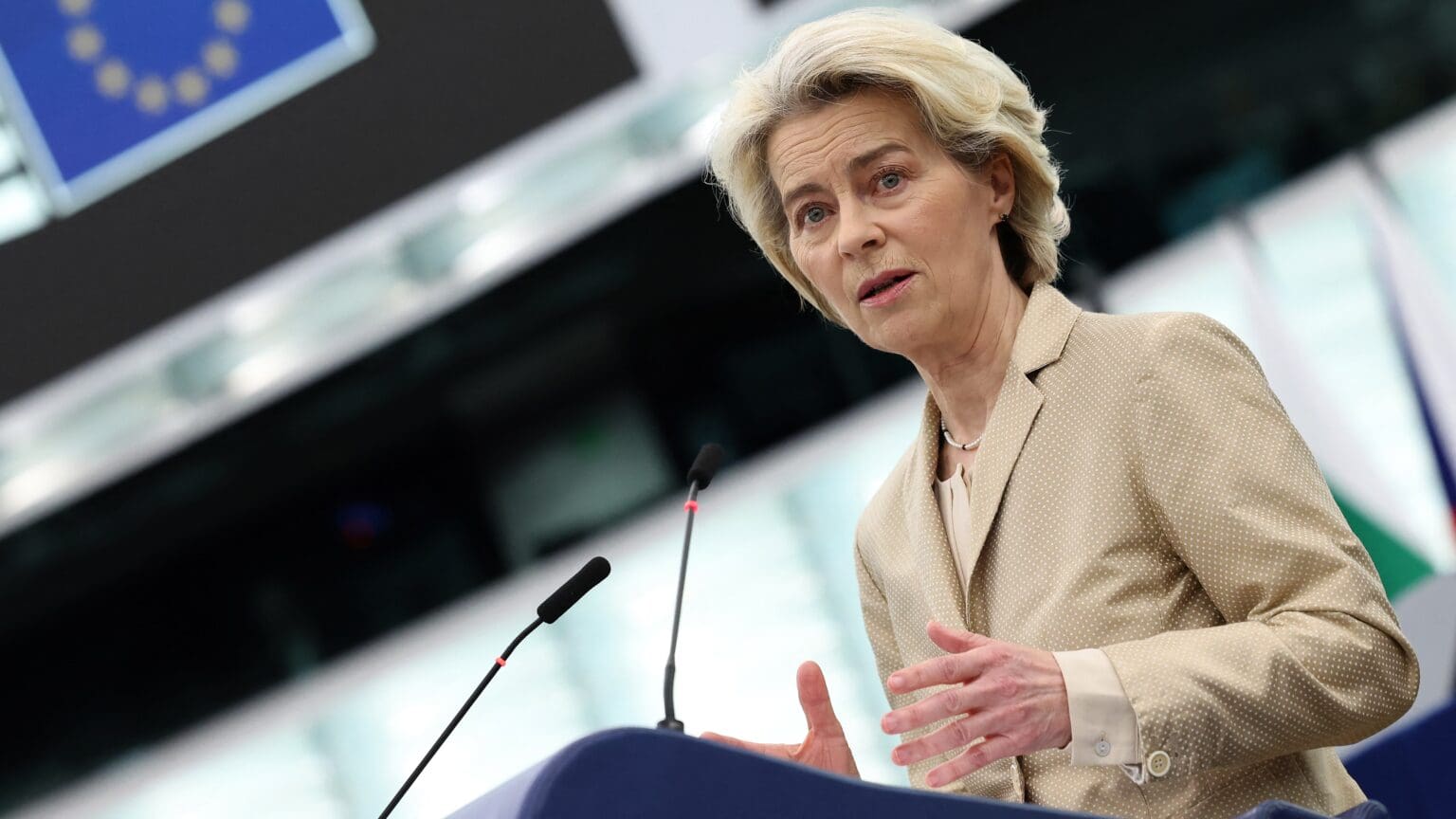
‘According to von der Leyen: “The question is no longer whether Europe’s security is threatened in a very real way. Or whether Europe should shoulder more of the responsibility for its own security,” but rather: “Is Europe prepared to act as decisively as the situation dictates? And is Europe ready and able to act with the speed and ambition that is needed?”’

In a recent interview on public Kossuth Radio, Hungarian Prime Minister Viktor Orbán discused key economic and geopolitical concerns, including inflation, EU policies, and Hungary’s stance on the war in Ukraine.
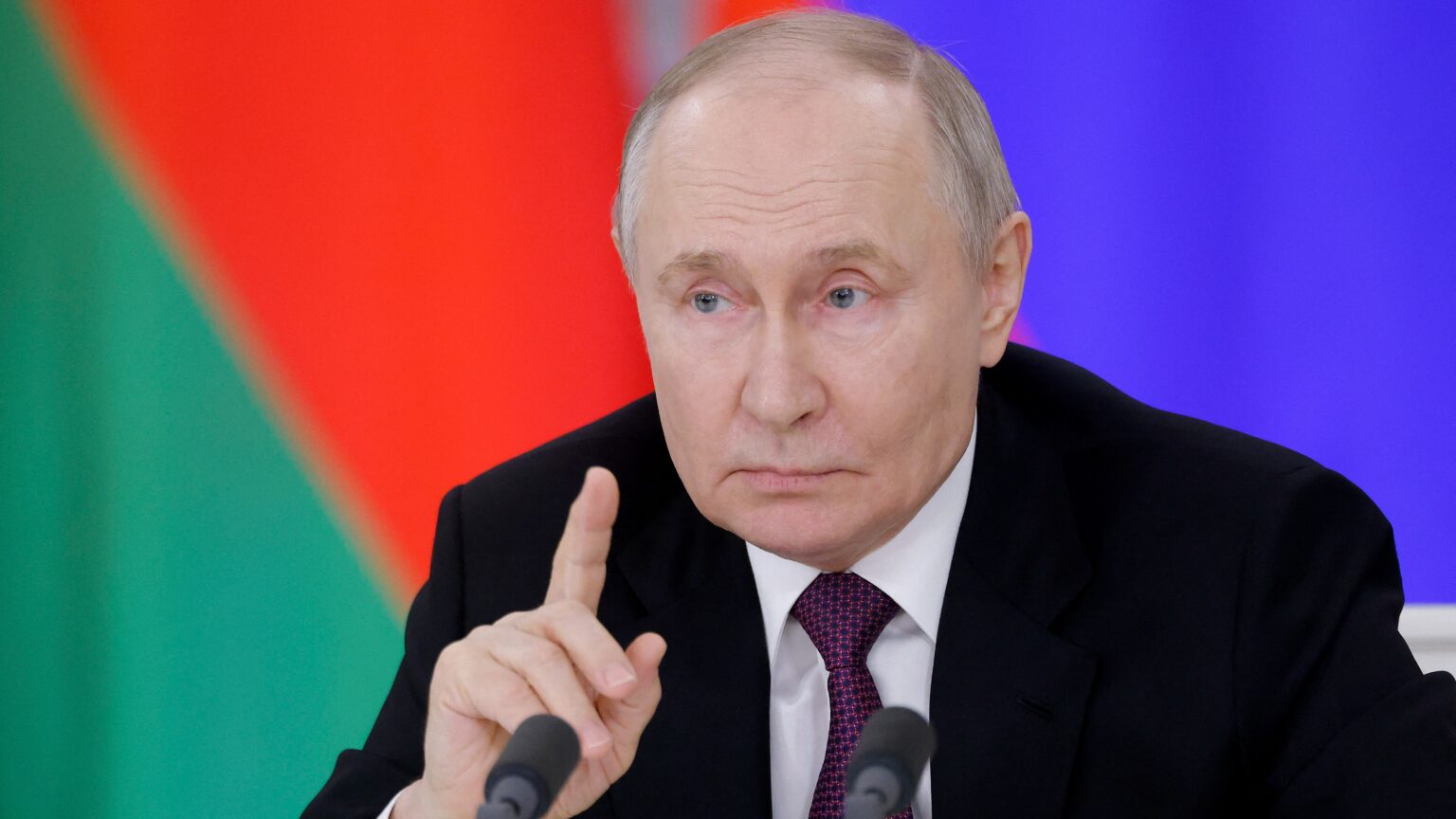
Russian President Vladimir Putin has expressed conditional support for ceasefire discussions concerning the Ukraine conflict, emphasizing the need to resolve key questions with the United States while highlighting concerns about NATO’s role and the security of Russia’s borders.
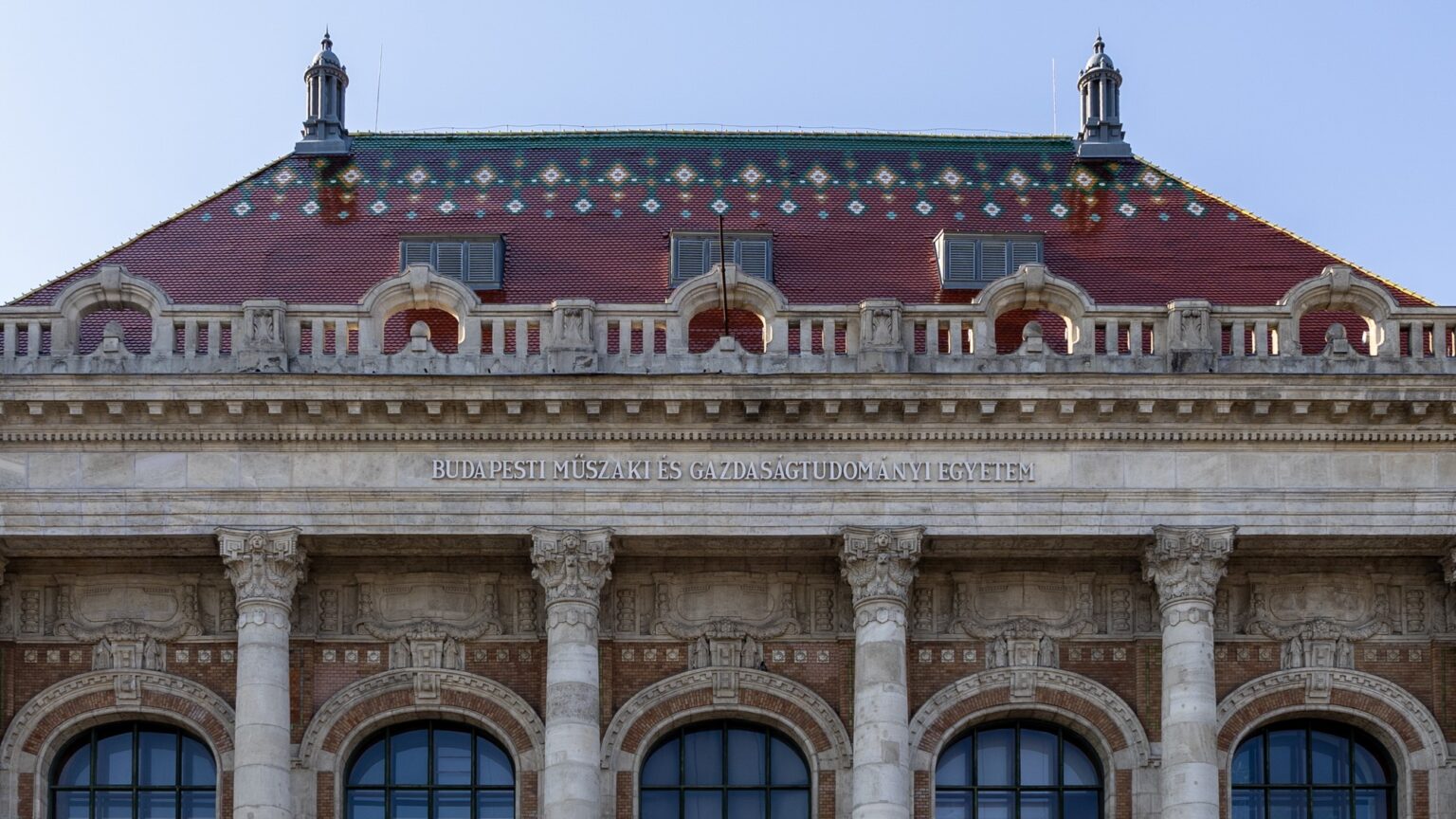
Hungarian universities have achieved remarkable progress in the 2025 QS World University Rankings by Subject, with 12 institutions advancing in global standings. The results highlight Hungary’s growing competitiveness in disciplines such as medicine, computer science, and materials science.

‘Hungary’s humanitarian and military aid to Lebanon can contribute to regional stability and it also reflects Hungary’s broader geopolitical interests, that is, a stable Lebanon for the sake of the Middle East—and also for Europe, which faces potential security and migration challenges.’
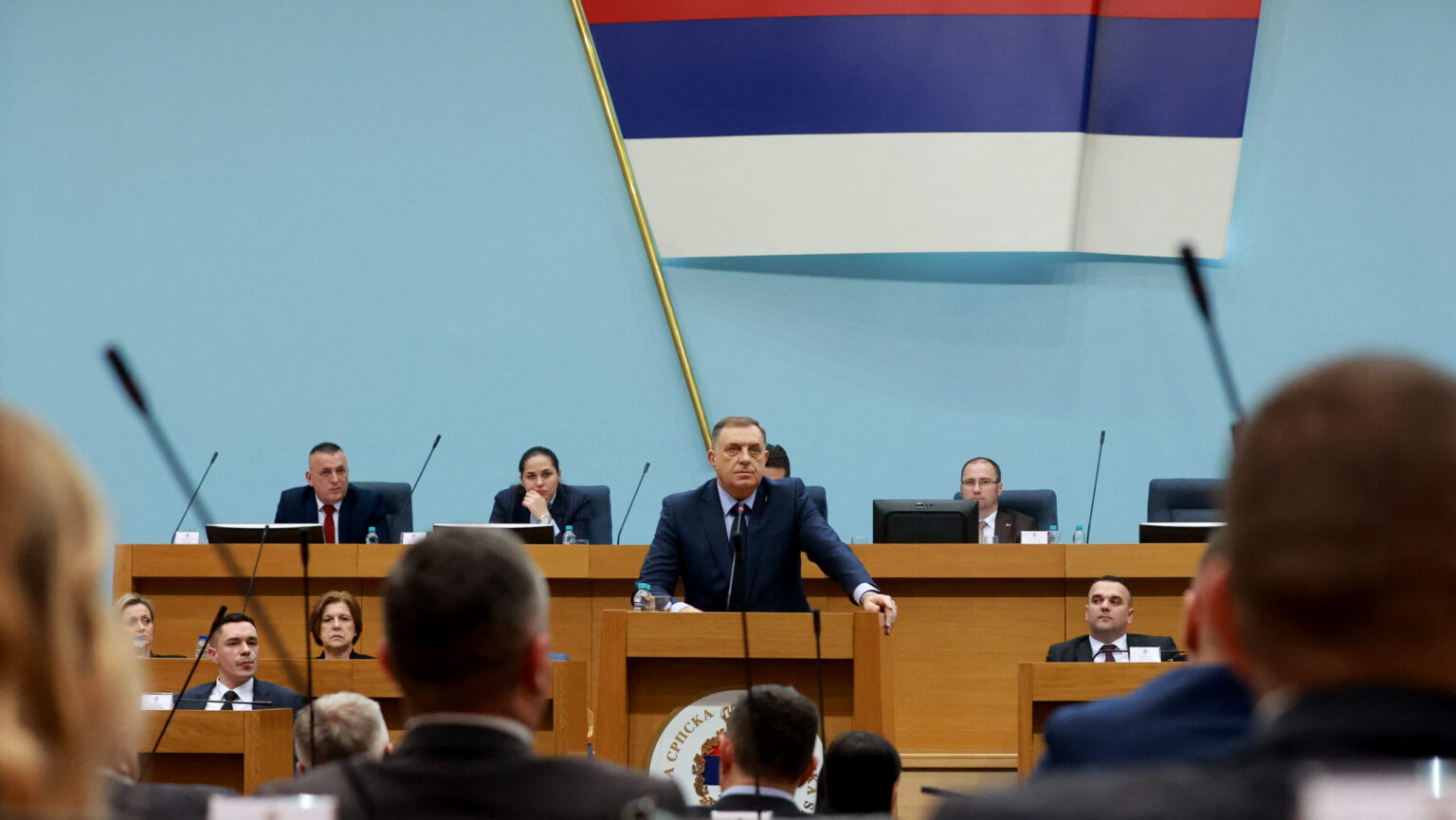
Speaking before the parliament of Republika Sprksa, President Milorad Dodik announced a new constitution aimed at increasing the entity’s independence from Bosnia and Herzegovina’s federal institutions and the high representative. In his speech, Dodik also declared a ‘war for the future’ of Republika Srpska.

After a year of delay due to many controversies, Disney’s live-action film adaptation of Snow White is only days away from its theatrical release. However, yet another controversy, alleged tensions between the film’s two stars, progressive Rachel Zegler and Israeli Gal Gadot, over the Palestine–Israel conflict prompted the studio to cancel a major premiere event in London.
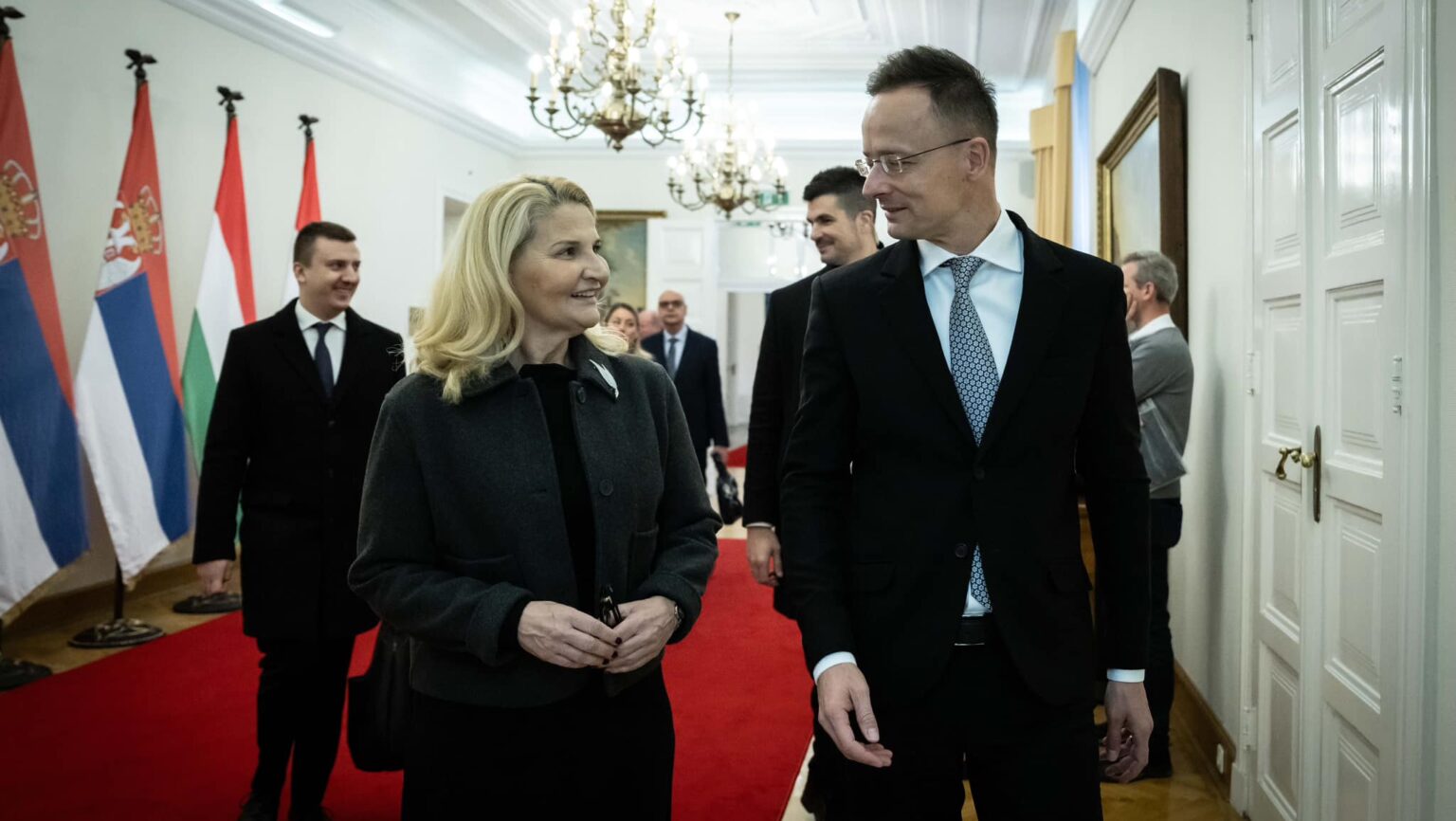
Hungarian Minister of Foreign Affairs and Trade Péter Szijjártó described the ongoing protests in Serbia as an attempted ‘colour revolution’ aimed at destabilizing the region. He further stated that foreign-backed colour revolutions in recent years have all ended in tragedy, expressing gratitude to US President Donald Trump for ending Washington’s policy of meddling in other nations’ domestic affairs.

Hungarian chocolate is set to journey to space as the Stühmer Moment Korfu ‘space chocolate’ gains NASA’s approval to be included in astronaut Tibor Kapu’s package for the International Space Station, marking a unique blend of tradition and innovation.
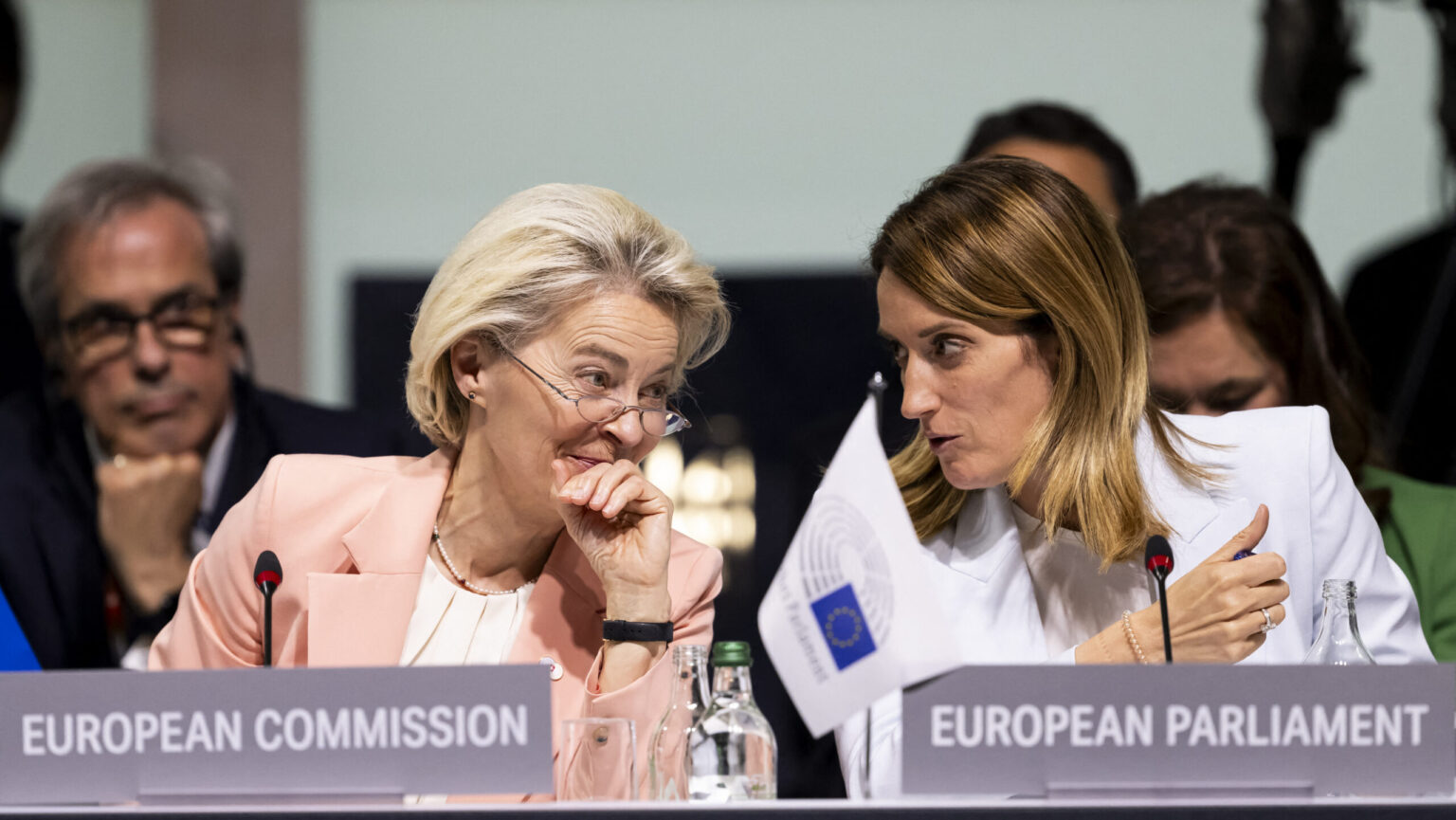
Hungarian Minister of Foreign Affairs and Trade Péter Szijjártó pointed out that the sudden shift of EU leaders on a potential ceasefire in Ukraine is ‘politically ridiculous’ and highlights their lack of credibility. However, it also raises the question of responsibility for Brussels’ failed strategy over the past three years.
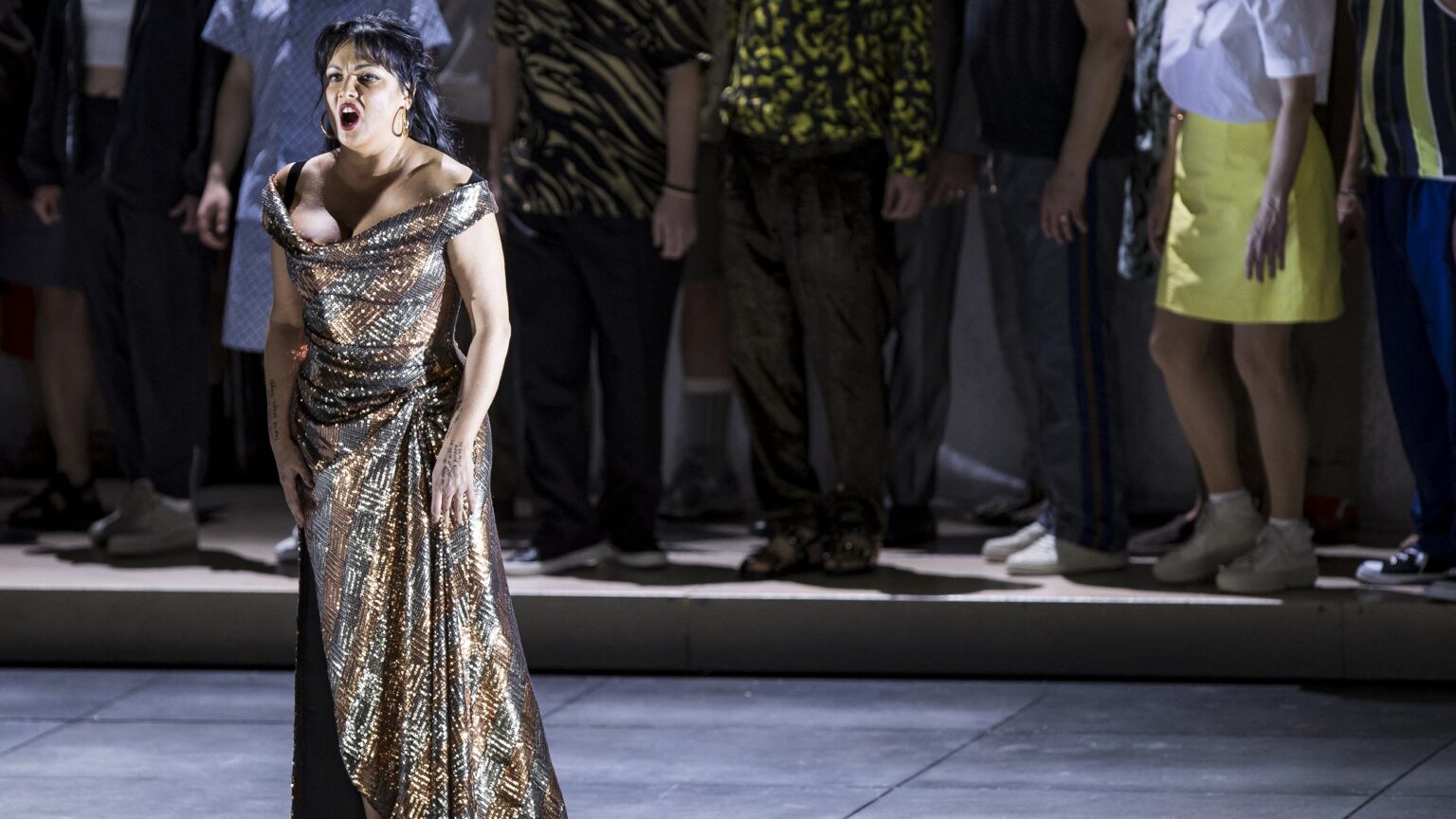
Ukrainian Ambassador to Hungary Fegyir Sándor has asked the Director General of the Hungarian State Opera House Szilverszter Ókovács to cancel a show by Russian Austrian opera singer Anna Netrebko for her support for President Vladimir Putin of Russia. Ókovács replied with an open letter, explaining why he did not comply with the request.

Hungarian Conservative is a quarterly magazine on contemporary political, philosophical and cultural issues from a conservative perspective.